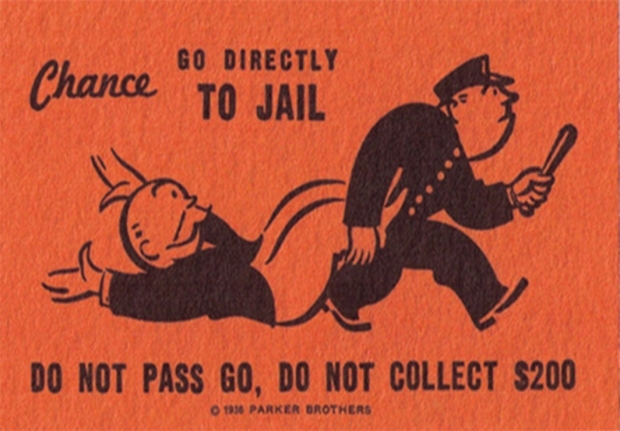The commission claimed the outfit had flogged 3G baseband chipsets to force its British competitor, wireless modem-maker Icera, out of business.
Commissioner Margrethe Vestager, in charge of competition policy, said: "Qualcomm's strategic behaviour prevented competition and innovation in this market and limited the choice available to consumers in a sector with a huge demand and potential for innovative technologies,".
The more recent case focused on how Qualcomm treated Nvidia-owned Icera Inc, which was founded in Bristol in 2002 to make mmodem.
At the time Icera was headed to be the third most successful supplier of LTE basebands and chipsets, well ahead of Infineon, MediaTek, Broadcom.
Nvidia bought the company for $367 million in 2011 to boost its mobile chip supplier street cred..
According to the EC, Qualcomm started selling some of its UMTS chipsets below cost to Huawei and ZTE, to eliminate Icera.
"The targeted nature of the price concessions made by Qualcomm allowed it to maximise the negative impact on Icera's business while minimising the effect on Qualcomm's overall revenues from the sale of UMTS chipsets," read a statement from the Commission.
In May 2015, Nvidia announced it was winding Icera down, expecting to pay between $100m and $125m in restructuring charges as a result. Two months later, the EC started its investigation.
"Baseband chipsets are key components so that mobile devices can connect to the Internet," Vestager said. "Qualcomm sold these products at a price below cost to key customers to eliminate a competitor.
"Since this is illegal under EU antitrust rules, we have today fined Qualcomm €242m."
Fines imposed on companies found in breach of EU antitrust rules are paid into the general EU budget. Member states' contributions to the EU budget for the following year are reduced accordingly.

